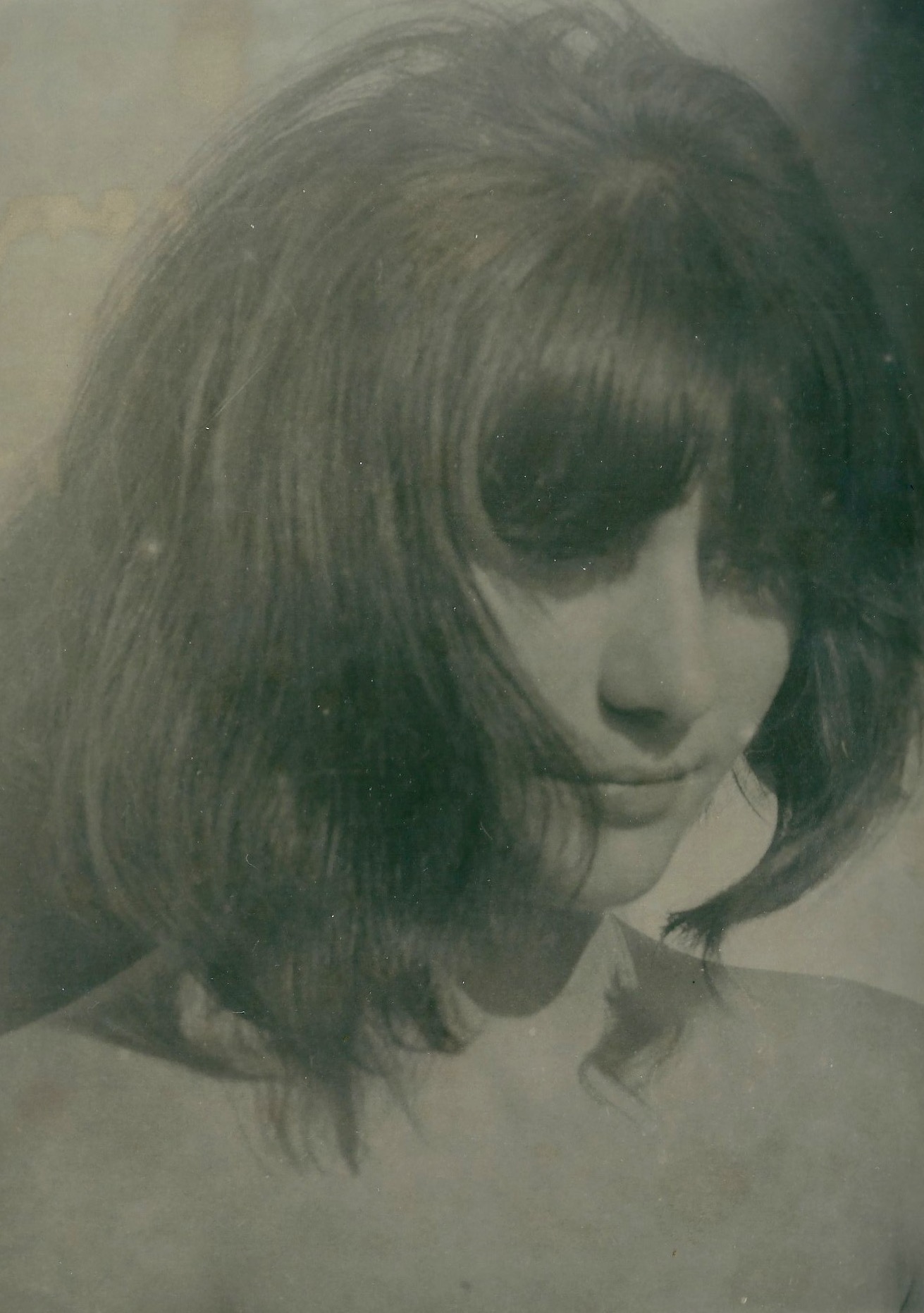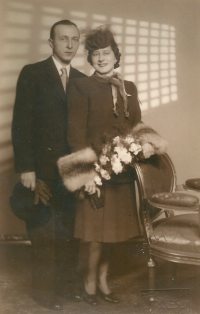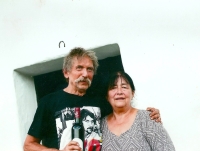Mother was Bishop Gorazd’s housekeeper, knew nothing about the paratroopers and survived the interrogations

Download image
Helena Kučerová was born on July 16, 1946. Her father František Roubal worked as an accountant at the Ministry of Justice during the First Republic in the protectorate era and after the war until his death in 1958. Mother Marie Roubalová, née Uhrová, met him in the same ministry department. Before the war, they became friends with the Yugoslav Cvrčanin family. During the war, they lived in their house in Horní Počernice, and the then Orthodox bishop Gorazd (real name Matěj Pavlík) shared the home with them. Marie Roubalová worked as a secretary and housekeeper for the bishop. During the Heydrichade period, Bishop Gorazd knew about the hiding of paratroopers in the crypt of the Saints Cyril and Methodius Cathedral and after they were found he was executed by the Nazis. The parents of the witness experienced his arrest, they themselves were interrogated by the Gestapo, but escaped further persecution. Helena Kučerová went to a gymnasium (then SVVŠ – secondary general education school) and in 1964–1971 she graduated from the Faculty of Philosophy of the Charles University, majoring in Czech language and history. She experienced the softening of the political climate of the 1960s as well as the subsequent shock and disillusionment from the Soviet occupation in 1968. Until 1996, she worked at the Albatros publishing house as a proofreader and professional editor. Her most significant achievement was the publication of the volume History in Pictures. Since 2004, she has participated in the creation of the encyclopaedia about J.A. Comenius, Encyclopaedia Comeniana. In 2021, she received the prestigious J. A. Comenius medal of the National Pedagogical Museum and Library for her long-term contribution to the development of comeniology.










